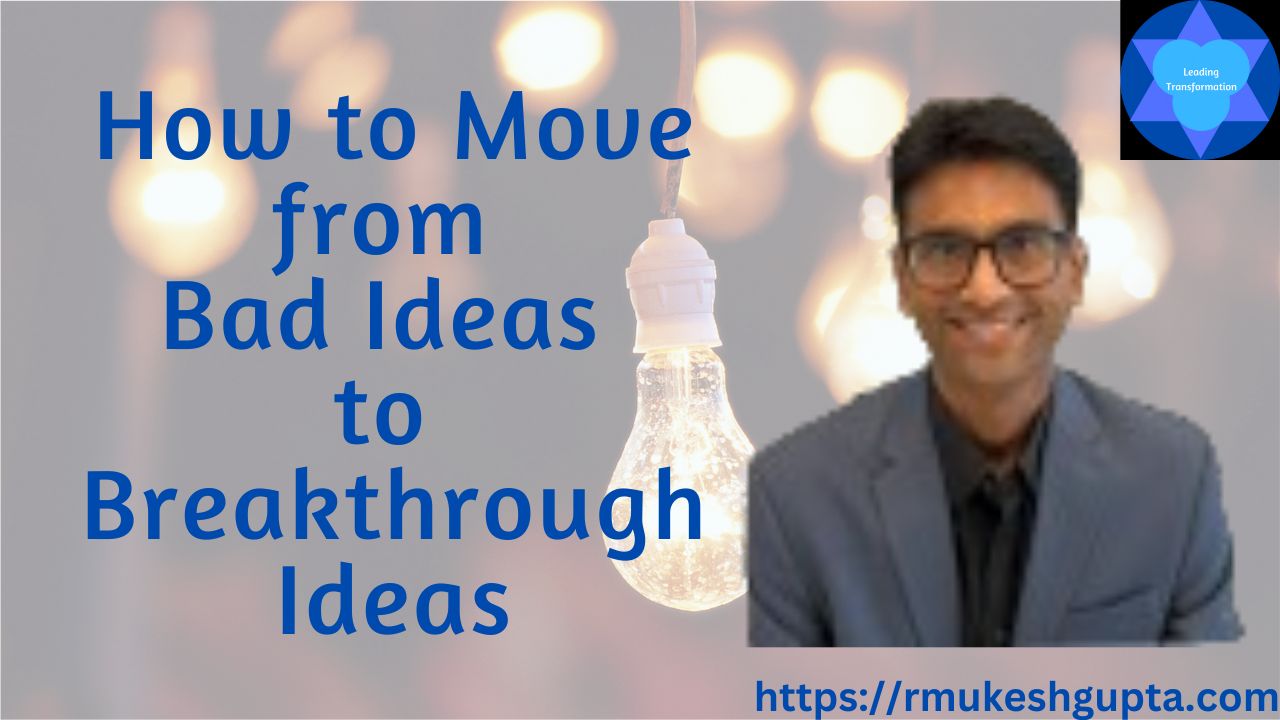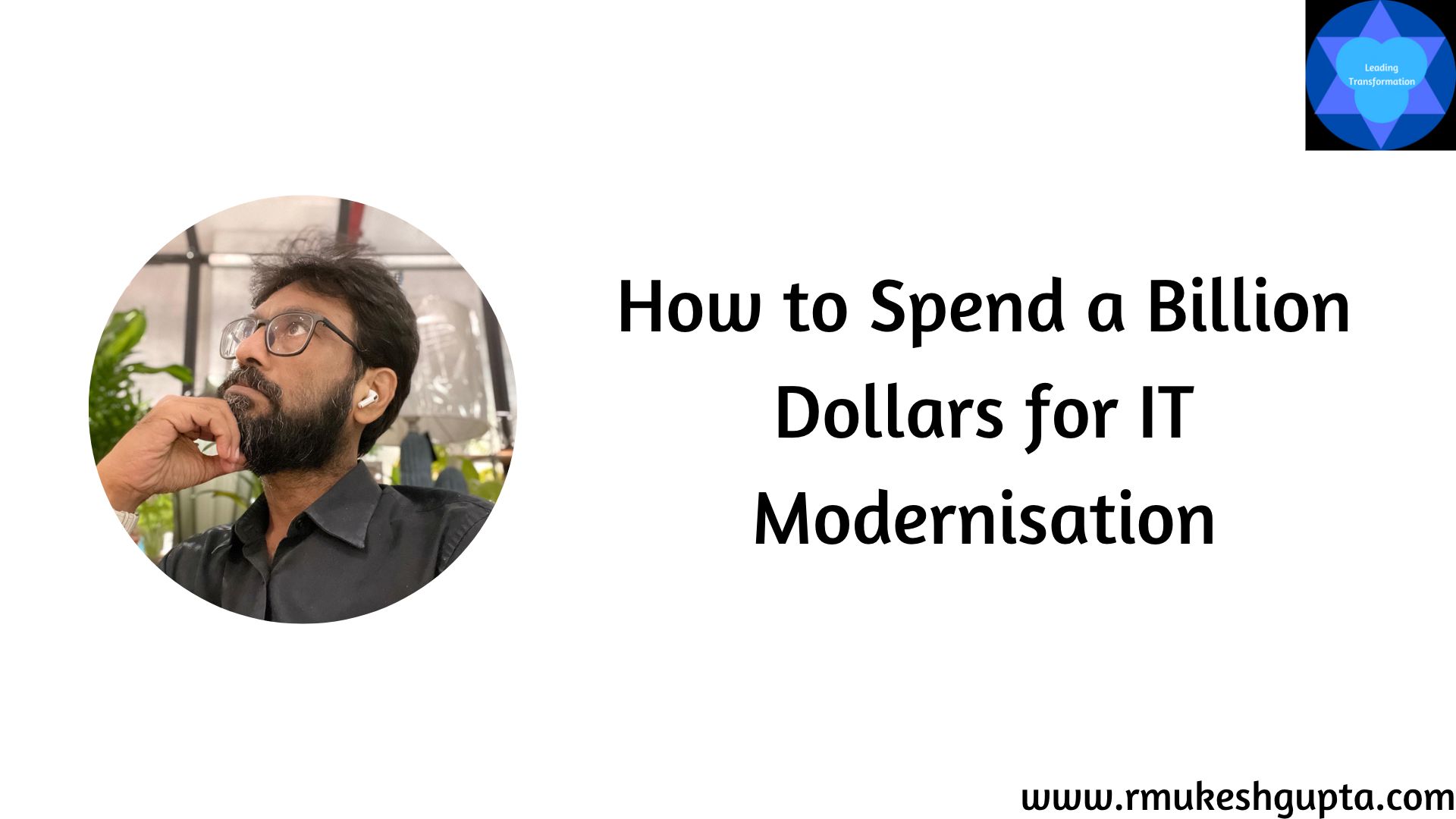Move:
If there is one set of actions that can have disproportionate benefit for us, then it has to be movement. Our body is not designed to remain seated for long hours. It has been known for ages it is better to keep moving through out the day rather than exercising for an hour and not doing any physical movement for rest of the day.
Our body craves movement.
It is well-known that women around the world outlive men and are also less likely to suffer from fatal chronic diseases. There are many theories for the reasons this happens, but in my opinion one of the reason they do so is because they move more than men do. They are physically more active (not necessarily) through exercises but by generally moving about much more than men do. Even Simple activities like cooking, cleaning, washing, shopping and spending more time standing than sitting everyday can have significant impact on their health. So, even if you can’t find more time to do exercise, find reasons to move about through the day.
Practice Gratitude:
We live in a world that allows for constant comparisons with everyone else that we know of. Social media allows us to create a facade of happiness and success even if we don’t feel the happiness or success in our real lives.
There is an illusion that there is always someone who is more successful than us, who vacations in better places than us, has a more loving spouse and is happier than us. We can’t help but compare ourselves with those around us. This is an inbuilt function that is extremely difficult to switch off.
What we can do is to counter the feeling of inadequacy with a practice of gratitude.
We could also look at all that we have with us that we can be grateful for – a stable job, decent health, a caring family, three meals a day, a home to stay, a smart phone and a Facebook or Instagram account to stay connected with our friends, the ability to make a difference in millions of lives and a peaceful city to live in.
We can also be grateful for good books, great pieces of art, soul wrenching music, beauty around us in nature… We get the point.
If we go looking out for things for which we can be grateful for, there is an abundance of these. So, lets start a practice of being grateful for at least 3 things every single day. This by itself has the ability to make a significant impact on our stress levels.
Be Present:
We are living in a generation where there are a million things that we could be doing at every given moment. The combination of a smart phone and its ability to connect to the internet has enabled this single device to offer us a never-ending stream of information that can both keep us entertained or engaged.
Add to this the proliferation of screens connected to internet all around us, which can identify who we are and tailor what they show based on our likes and preferences.
Add to this our very own conditioned minds which either worry about something could potentially happen in the future or about something that just happened.
All of these forces work to make it extremely difficult for us to stay in the present moment. It not only takes practice but we also need to plan and work towards living in the present moment.
This is not very difficult as every child can do it with ease but as we grow older, we tend to lose this ability as we don’t use it as much as we used it while we were kids.
It’s not that difficult as people make it out to be, if we learn how to do this.
The trick here is to use a reminder to check if we are fully present in the moment or not. It could be as simple as our watch or even our phones. We just need to train our minds to think of this question every time we see, touch or think about this item. Once we check, we just bring ourselves to the present moment.
Plan:
Life is full of paradoxes, some apparent and some not so apparent. While it is very important to live in the present moment, we also need to be able to deliberate about what we want to pay attention to and what we need to avoid.
This means that we need to have a clear idea about what we want to achieve on any given day. This goes on to show that we need to have a goal we are working towards. We need to have an overarching destination towards which we are moving and we need to identify the most important actions that we need to take every single day that will move us closer to the goal.
If we are not deliberate about how we spend our time and our daily activity, we can be sure that our destination will most likely remain out of reach.
So, have a plan. We can change the plan as we go along through the day but we need to have a plan to start the day.
One of the best way to plan that I have seen work really well is the one suggested by Stephen Covey. We start with an overarching goal, then break it down into yearly, quarterly and monthly goalposts. Then we identify the actions that we need to take on a regular basis and block them out on a weekly basis. This becomes sacrosanct and everything else can take up all the other available time. We work on the big rocks first.
Say No:
I know too many people who are stressed out and constantly anxious as they take on much more than they can handle.
They either haven’t learnt to say no or are afraid of saying “No”.
This is another one of the skills that if developed well can have significant impact on our stress and happiness levels.
Saying “No” is by itself an art that we need to practice and learn.
The better we get at this the more opportunities we will have to say “Yes” to the things that we really want to do and can provide meaning to us.
Have Fun:
Having fun as an adult is under-rated.
As we grow into adults, there is an overbearing expectation that we need to behave in a certain manner and all other behaviours are not acceptable. This need and compulsion to comply to social expectation has meant that we have forgotten to find happiness in the smallest things in life.
I used to love getting wet in the first rain of the rainy season while growing up. I still would love to do that. The moment I bring it up as an option, people around me immediately respond with the quip – “Grow up” or “Stop behaving like a kid”.
Somehow, as a society we have set expectations that adults can have fun only in certain activities. All other activities are banned for us once we grow up.
How absurd!
Now, I am not advocating that each one of us needs to go out and start behaving like kids again. What I am advocating is that we need to find out what fun means for us and go have fun that way.
What I am advocating is that
We should not just plan to have fun during the weekend or holidays or after office hours. We need to plan and have fun every single day.
Learn:
Research has shown that we can continue to grow brain mass and new neural connections even after we have grown up. Research has also shown that someone with an active brain can avoid diseases like ALS or Alzheimer’s.
Add to this the pace of change around us. Every day, there is something new being invented. Everyday there is something new to read about. Everyday there is something new to learn.I have a long reading list that I try to cover every single day.
One of the ways to learn every single day is to reflect on the day at the end of the day.
This is a process by which we can learn from every single day of our lives. We can learn about people around us, we can learn about our own decision-making process, we can learn about how our teams think and act. We can learn about the challenges that we faced. We can learn about patterns that we would otherwise miss. Let’s try and learn something new everyday.
Empathise:
One of the qualities that make us inherently human is our ability to empathise with our fellow humans.
This is a unique ability that if honed and used well can help improve our relationships significantly. We don’t need any research to know that the biggest stress for all of us arises from our relationships with others – spouse, parents, kids, employees, managers, government officials, etc.
If we are able to empathise with others, we can significantly reduce the friction caused due to mis-understandings cause within relationships.
Also, this can help us build better products, make us better leaders, sell more effectively. Overall, great RoI for a simple skill.
The key is that this is also similar to any other muscle that we have in our body. The more we exercise this muscle, the stronger it becomes.
With daily practice, we can continue to get better at empthizing, irrespective of how good we are to start with.
Be Patient:
We live in an era where we want everything instantly. We like instant coffee. We like instant entertainment (streaming music/video wherever we are). We like instant knowledge (Google, Wiki, Books on Kindle). We have lost our ability to wait for anything. The moment we have to wait in a queue to get our groceries billed and it takes a few minutes extra for the clerk and we get impatient and reach for our phones.
Most good things in life take time.
It takes time to write and publish a good book. It takes time to give birth to another human. IT takes time to plant and grow a vineyard. It takes time to make a movie. It takes time to build a business. It takes time to convince and move people. It takes time to transform an organisation or a nation. We need to learn to be patient. This is again a muscle. The more we practice, the better we get at it.
Travel:
It is well-known that travelling is good for us in many ways. When we are travelling and in an alien land, our ability to stay in the present is heightened.
We allow ourselves to become our curious self.
We observe things much more than otherwise. We move outside our monotonous auto-mode of existence. This is exciting. It can also be a lot of fun.
You also learn a lot through these observations. You are also able to build a database of ideas which you can then mix and match with other ideas in your mind already and come up with new ideas when needed.
Travel also teaches us humility and a lot about ourselves and our comfort zones.
This post was inspired by a post by Anthony Iannarino on his blog here.




